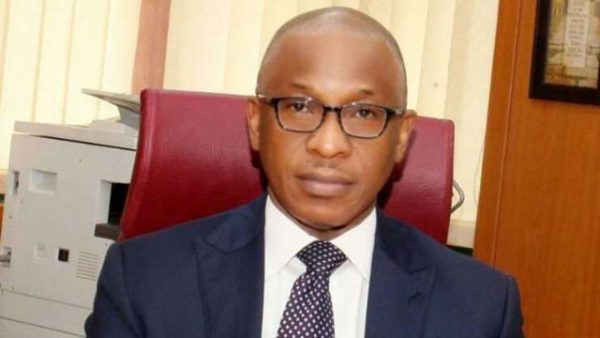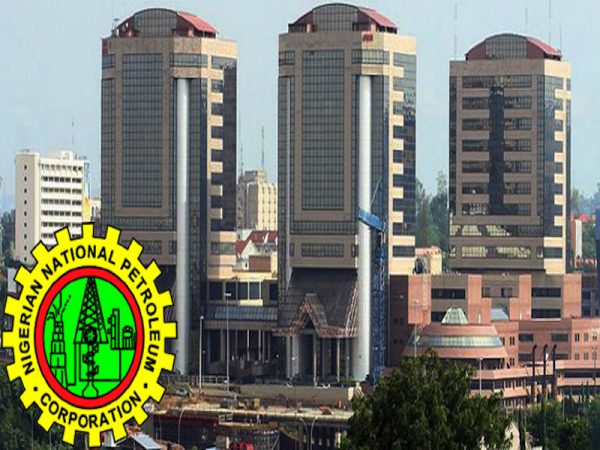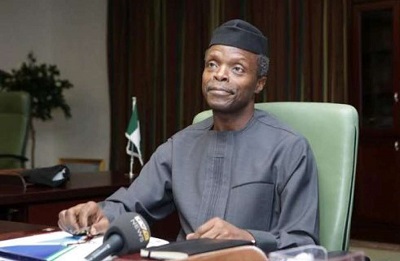BPE hinges NNPC’s privatisation on Petroleum Industry Bill outcome

•AIHN reiterates policy reforms in oil sector, others to grow capital market
The Director General of Bureau for Public Enterprises (BPE), Alex Okoh yesterday, insisted that the bureau must await the outcome of the Petroleum Industry Bill (PIB) to privatise the Nigerian National Petroleum Corporation (NNPC) as there are far richer reforms enshrined in the bill.
Aside PIB, Okoh, who was represented by the Director, Post Transaction at the BPE, Yusuf Adamu, said the BPE was also expecting government to make definite pronouncement before privatization of the corporation would take effect.Addressing participants at the Association of Issuing Houses of Nigeria (AIHN) Bi-Annual Business Lunch held in Lagos yesterday, Okoh said the outcome of work on the PIB and government’s decision will determine the type of structure that would form the privatization of the NNPC and the petroleum industry in general.
“The problem is that we have to understand the operations of these enterprises as the way the structure of reform in these sector takes is a different ball game. NNPC is like a holding company, there is a lot of things that carry different activities within the sector”, he added.
Besides, capital market experts have said government must make key policy reforms that promote market economics, liberalize the oil and gas sector, support private sector infrastructure development for the growth of the economy.
According to them, government policies are needed to drive activities that will encourage private sector participation through Public-Private Partnership (PPP) arrangements by enabling fundraising from the capital market, in a quest to drive growth and development. The Group Managing Director, Vetiva Capital Management Limited, Chuka Eseka, while speaking at a media parley hosted by the Association of Issuing Houses of Nigeria (AIHN) in Lagos, said that these key moves would enhance growth and development in the country.
Eseka, who doubles as the President of AIHN, noted that since the role of the capital market was to fill the funding gap of government, it was the association’s expectations that capital market agenda for the next four years would be hinged on key pillars.His words: “Following the global financial crisis of 2008 and 2009 and the severe economic shock Nigeria suffered in 2014, with oil price crash, capital market activities for Initial Public Offering (IPO), rights issue and secondary offer have been significantly affected.
“From Equity Capital Market (ECM) perspective, the last five years have been tough. Over the period, the only successful IPOs in the market were those of SEPLAT and Transcorp Hotel worth $560.8 million, compared to South Africa’s $3.8 billion and Egypt’s $1.9 billion within the same period.
“Similarly, the total value of rights issue over the last five years in Nigeria was $2.8bn, which lags comparable African peers like South Africa at $12.7 billion and Egypt at $3.6 billion.”He said that evidently, the low level of Enterprise Content Management (ECM) over the years cannot be dissociated from the economic situation and the low appetite for equity securities.
First Vice President, AIHN, Ike Chioke, in his remarks noted that from the Debt Capital Market (DCM), while there have been significant activities on security issuances, the sovereign play, requiring minimal services of issuing houses have crowded out sub-nationals, municipals, and corporates.He said that the total value of domestic debt securities, excluding treasury bills, usually issued by the Central Bank of Nigeria (CBN), currently stands at N9.5 trillion, out of which the FGN bonds make up 89.6 per cent, sub-nationals, and corporates account for 4.1 per cent and 4.2 per cent respectively.
Chioke, noted that government must be committed to promoting market-based ideologies as indispensable tools to liberate the economy from the shackles of inefficiency across various sectors.“Apart from negative market sentiment on the ECM side and government crowding out of the private sector from the DCM perspective, the generally weak macroeconomic conditions coupled with the high cost of borrowing accounts for the low level of activities.
“Hence, it is unequivocally apparent that the capital market is constrained in fulfilling its mandate of driving growth and development of one of the biggest economies in Africa.“Most industrialised and leading economies and capital markets around the world operate on sound market principles. Nigeria cannot and must not be different if the capital market would help raise the necessary finance needed for growth and development,” he said.He maintained that a low hanging fruit to enhancing capital market growth is liberalizing upstream and downstream operations of the oil and gas sector. He noted that when the economics is right, the capital market can easily provide the funding needed to grow the sector and would serve as an avenue to attract both local and foreign capital essential for driving private sector-led growth and development.
“The power sector is in dire need of funding that the sector cannot attract in its current state. Critical market reforms, most especially in the areas of tariffs, are needed to re-focus the sector and drive it to reach its full potentials. “For instance, if the entire value chain including transmission is decentralized and opened up to the market, GENCOs and DISCOs can get listed to raise capital by way of IPO. This sector is crucial in our capital market agenda setting in the next four years.
“Through PPP arrangements, the private sector can help expand the country’s infrastructure stock levels, which has been estimated to require up to $50 billion annually over the next 60 years. This is a level that the government’s revenue and borrowing capacities cannot shoulder. Therefore, if the infrastructure gap must be bridged, the capital market must be central to the strategies deployed,” he added.








